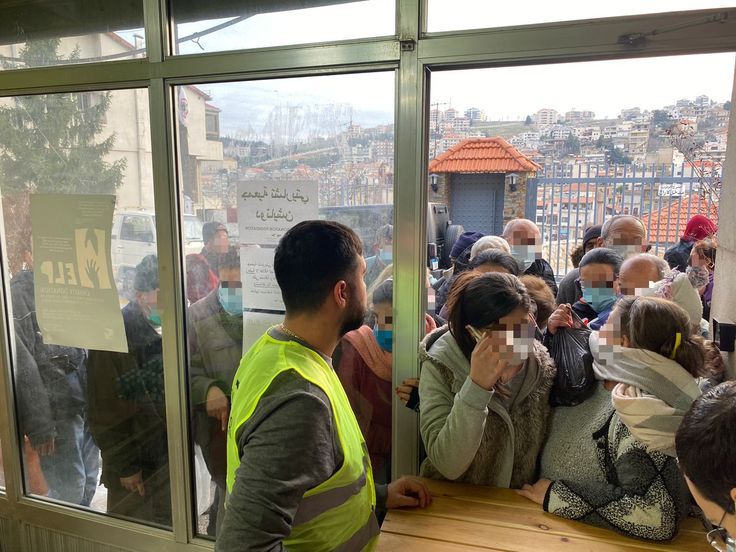A to Z Guide
A–Z Muslim Funeral Guide
This A–Z Muslim Funeral Guide has been carefully compiled to serve as a practical, faith-rooted, and compassionate resource for Muslims in the UK navigating grief, loss, and the funeral process. It is designed to be accessible to all, including those unfamiliar with Islamic rites, and offers a structured, step-by-step approach to every key aspect of a Muslim death and burial.
A
Announcement of Death
When a Muslim passes away, it is important to promptly inform close family, the local mosque, and funeral services. Say the words ‘Innā lillāhi wa innā ilayhi rājiʿūn’ (Indeed, to Allah we belong and to Him we shall return). Be gentle in how the news is delivered to relatives and consider cultural sensitivity and emotional support.
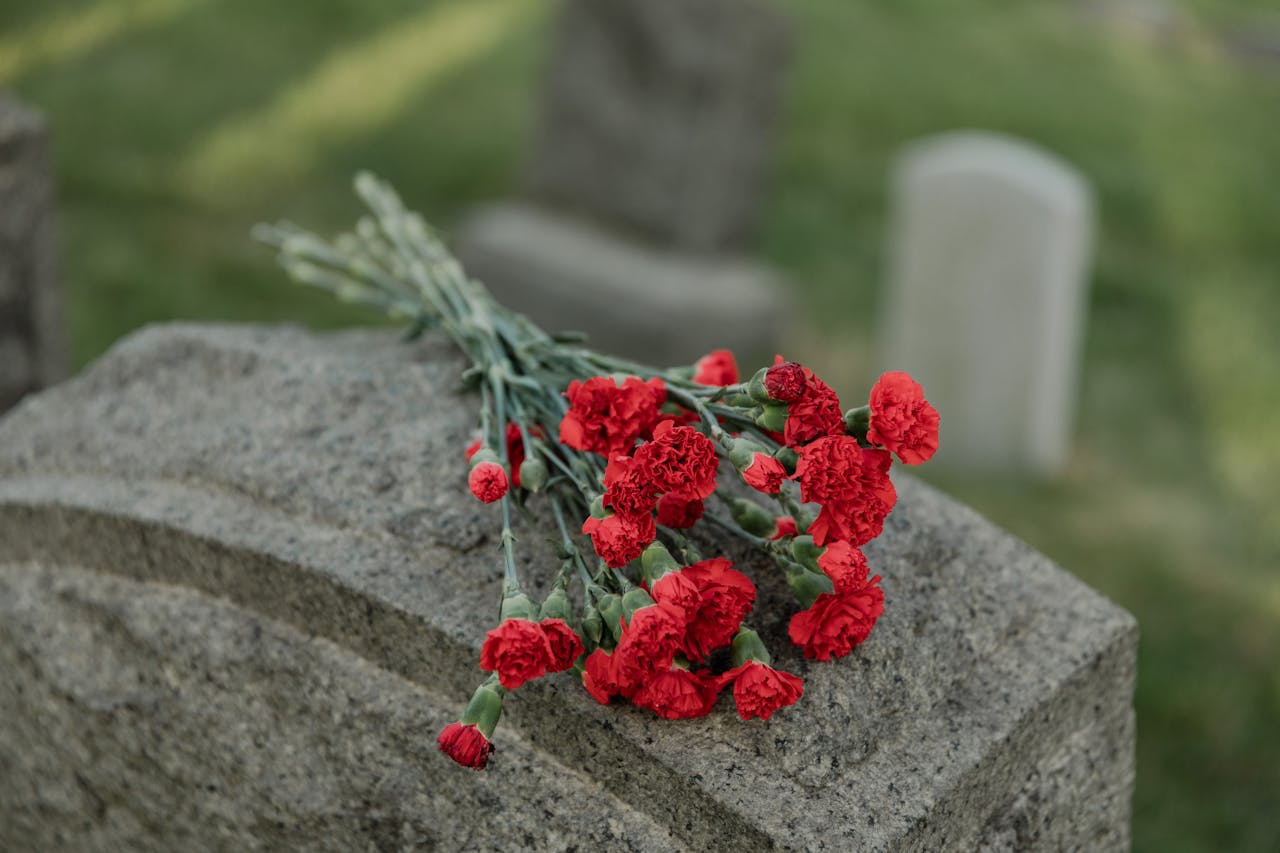
B
Bathing (Ghusl)
The body must be washed by Muslims of the same gender (or a spouse). This ritual purification is called ghusl. It is performed three or more times using clean water, starting with the right side. Soap may be used, but no harm should come to the body. Special guidelines apply for infants, miscarried fetuses, and those who died in accidents.

C
Coffin and Shroud (Kafan)
Islamically, the body is wrapped in a simple white shroud (kafan), not placed in a coffin unless required by UK law. Men are typically wrapped in three pieces of cloth, and women in five. The kafan should cover the entire body, and perfume (non-alcoholic) may be used sparingly.

D
Duʿā (Supplication)
Duʿā is essential after someone passes. Recite prayers for forgiveness, mercy, and ease for the deceased, such as:
اللَّهُمَّ اغْفِرْ لَهُ وَارْحَمْهُ (Allahumma ighfir lahu warhamhu – O Allah, forgive him and have mercy on him). Provide family and friends with duʿā cards or booklets as comfort and remembrance.
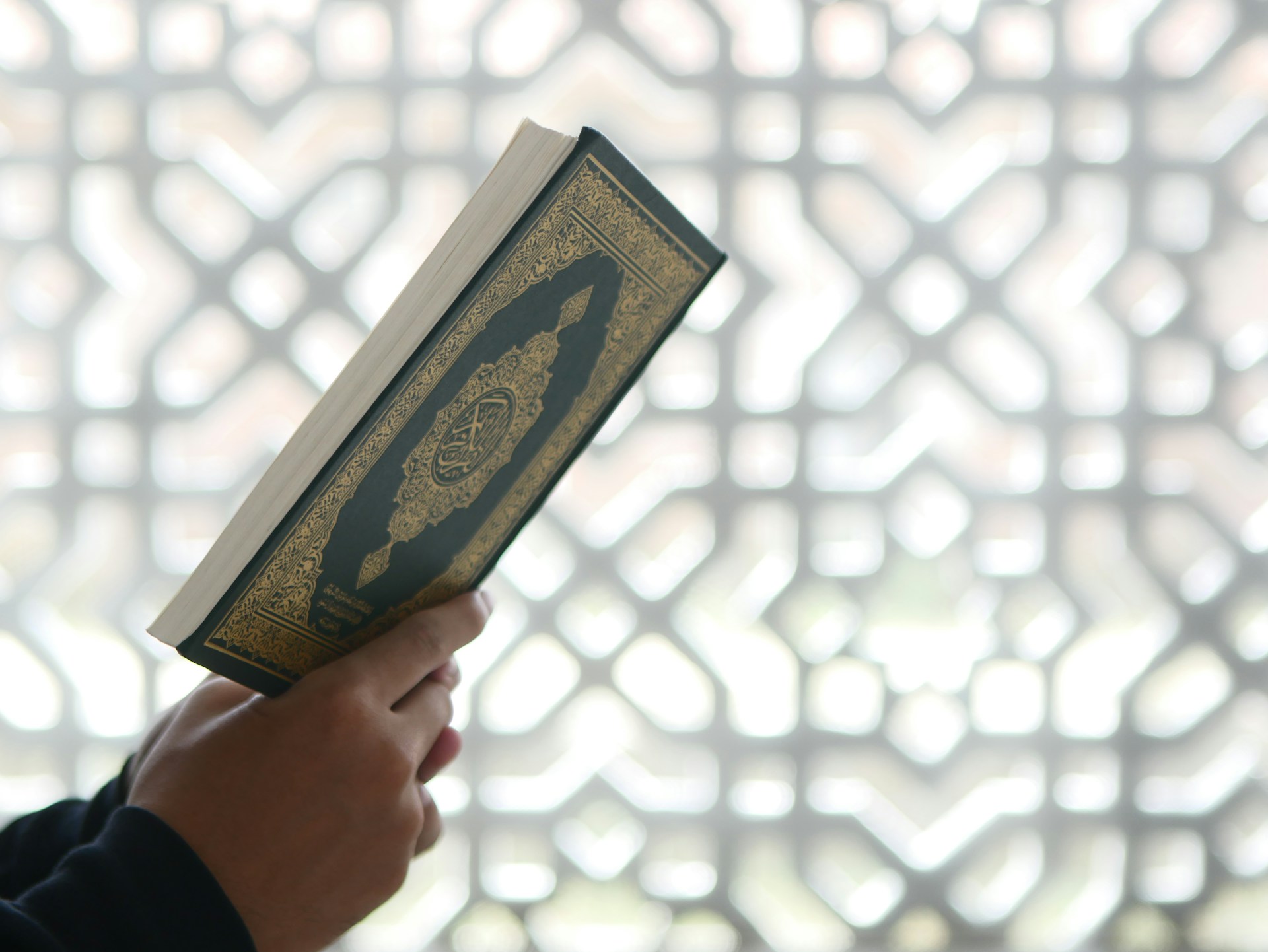
E
Emotional Support
Offer emotional and spiritual support to the grieving. Respect their need for privacy, silence, or conversation. Remind them of the Prophetic wisdom around grief: ‘The eyes shed tears and the heart feels sorrow, but we do not say except what pleases our Lord.’ (Bukhari)
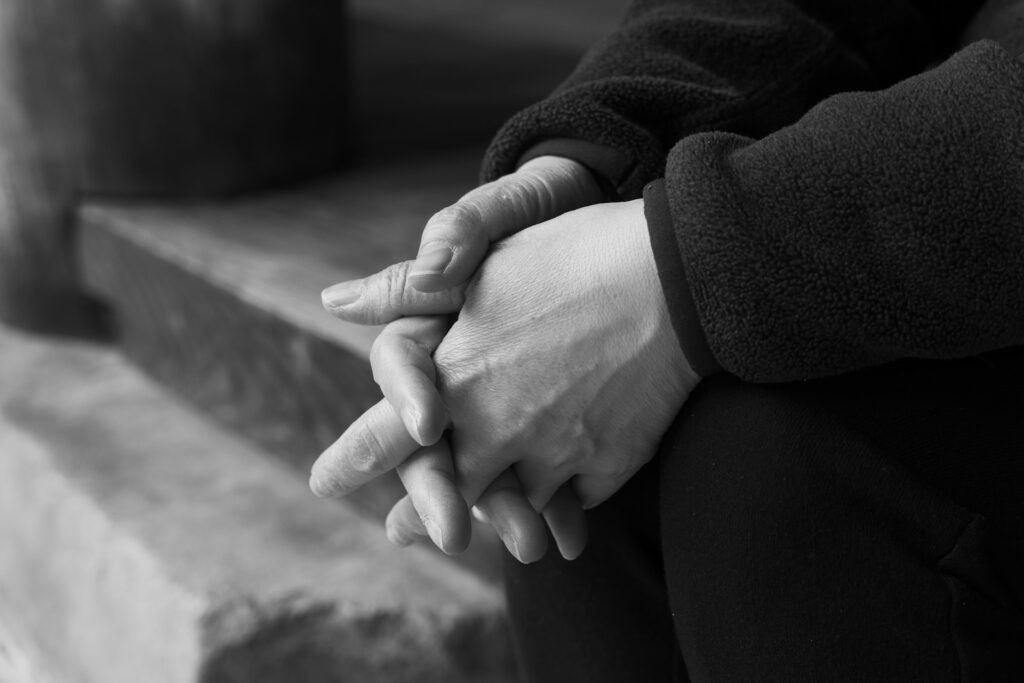
F
Funeral (Janāzah) Prayer
The Janāzah Prayer is a vital part of Islamic burial rites. It is a farḍ kifāyah (communal obligation) – if some Muslims perform it, the rest are absolved. If no one performs it, the entire community is accountable.
This prayer is typically offered in congregation, either in a mosque, a funeral home, or an open space near the graveyard. It is a powerful act of mercy and spiritual solidarity.
Structure of the Janāzah Prayer:
- No rukūʿ (bowing) or sujūd (prostration) – it is a standing-only prayer.
- Comprises four takbīrs (Allāhu Akbar):
- After the first takbīr: Al-Fātiḥah is recited.
- After the second takbīr: Ṣalawāt on the Prophet ﷺ.
- After the third takbīr: Duʿā for the deceased.
- After the fourth takbīr: Final brief prayer and salām.
Other Key Points:
- Women may attend, and should be encouraged to, though cultural practices vary.
- The body is placed in front of the imam, with the head closest to the right shoulder of the imam (for men).
- Children, infants, and miscarried babies are also prayed over.
- Multiple deceased may be prayed for in one collective Janāzah prayer.
Spiritual Merit:
Attending the Janāzah brings great reward. The Prophet ﷺ said:
“Whoever follows a funeral procession and prays over it will receive a reward equal to one Qīrāṭ, and whoever follows it until burial will receive two Qīrāṭs.”
(One Qīrāṭ is said to be the size of Mount Uhud.) — Ṣaḥīḥ al-Bukhārī
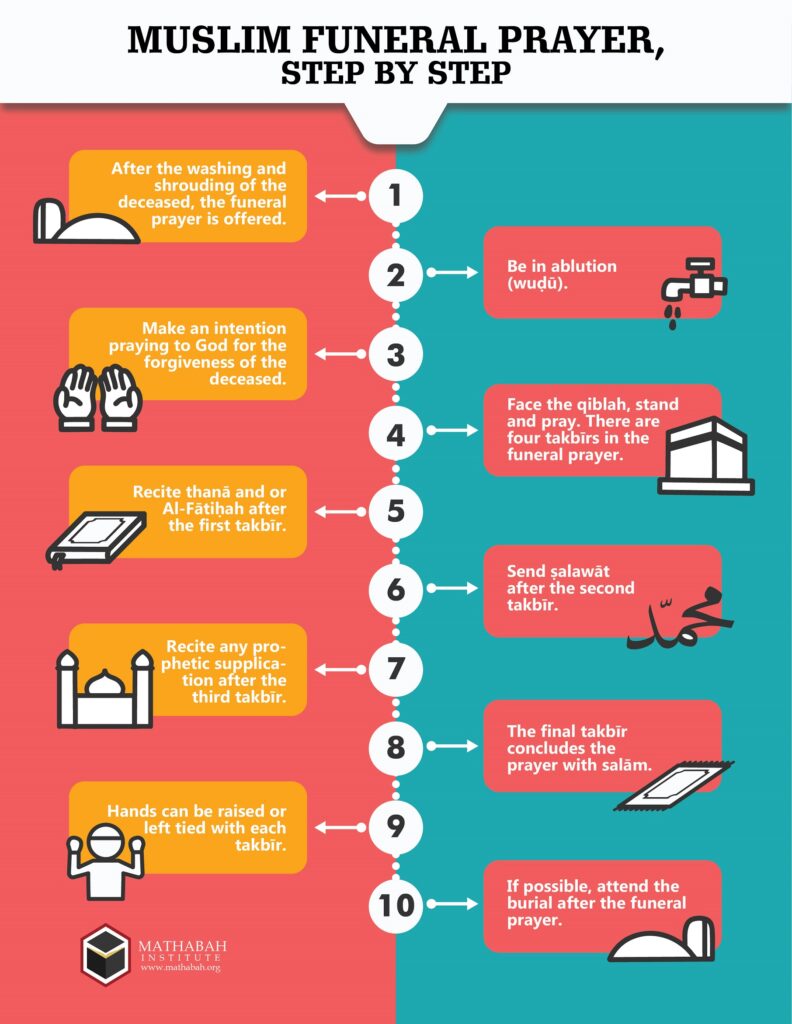
G
Grief
Grief is natural and valid. Islam permits crying and mourning, but not excessive wailing or self-harm. Support those mourning by being present, patient, and respectful of their emotional states. Bereavement support groups and counselling may be beneficial.
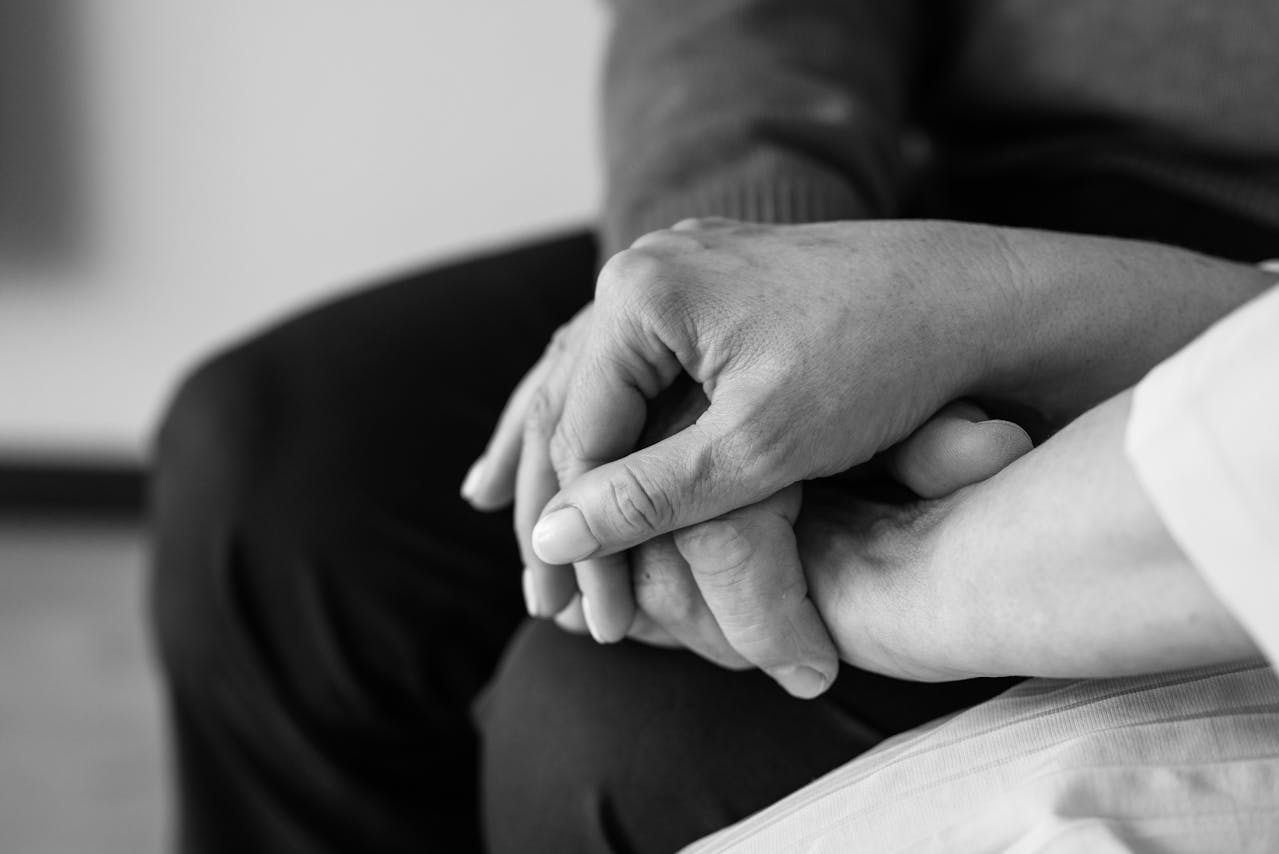
H
Hospital Death
When a death occurs in hospital, ensure spiritual care and respect for Islamic rites. Request a side room, close the eyes, tie the jaw gently, straighten the limbs, and recite duʿā. Notify the family, local imam, and begin arrangements promptly.

I
Islamic Will (Wasiyyah)
Every Muslim should write a will. It should include burial wishes, funeral preferences, and distribution of assets. Refer to Surah An-Nisa and UK legal guidance for a Shariah-compliant will. Include your NHS number and preferred mosque/funeral director.
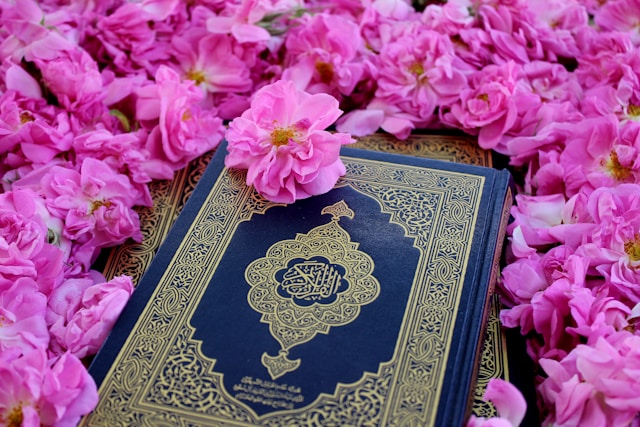
J
Journey of the Soul
After death, the soul begins its journey to the hereafter. Angels record the final moments, and the soul is taken based on one’s deeds. Remind the family of the mercy of Allah and the Prophet’s ﷺ teachings about the soul’s peaceful return for the righteous.
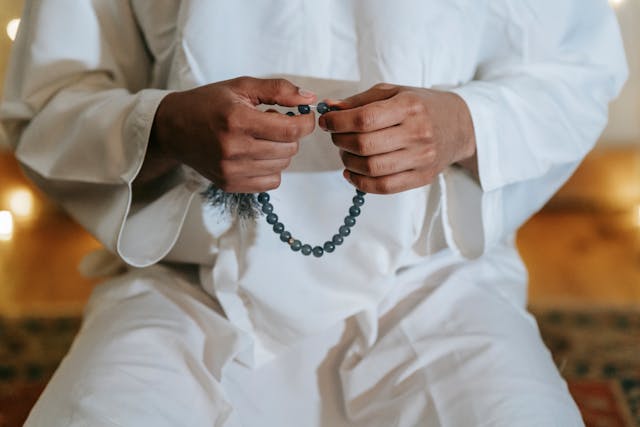
K
Key Documents
Every Muslim should write a will. It should include burial wishes, funeral preferences, and distribution of assets. Refer to Surah An-Nisa and UK legal guidance for a Shariah-compliant will. Include your NHS number and preferred mosque/funeral director.
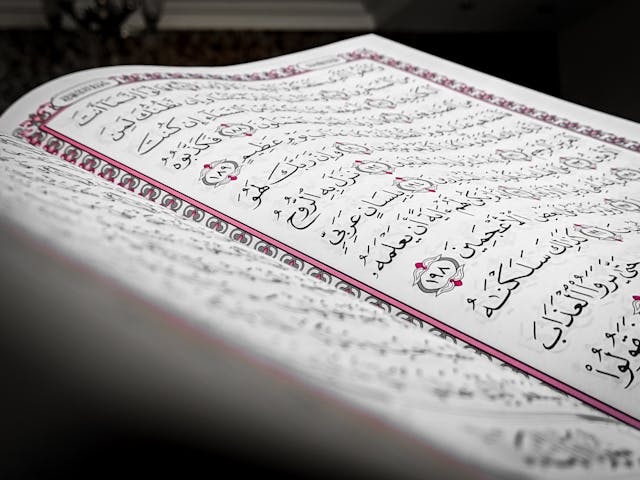
L
Legal Requirements in the UK
In the UK, deaths must be registered within 5 days. A post-mortem may be ordered, but Muslim families can request alternatives or minimally invasive methods to respect burial timeliness. Work with chaplaincy teams and coroners early.
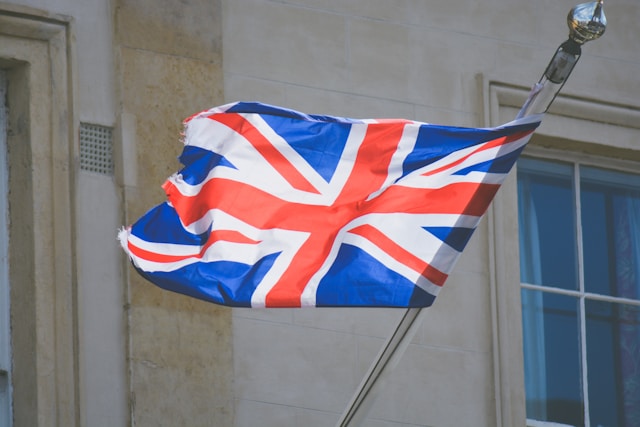
M
Miscarriage and Infant Loss
Islam honors all life, including unborn children. Miscarried babies beyond 4 months (120 days) should be named, shrouded, and buried. Offer pastoral care and support groups for parents, and provide resources on coping spiritually and emotionally.
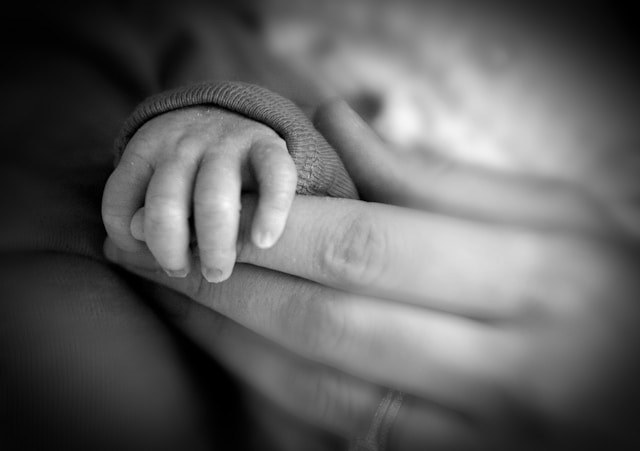
N
Night Prayers (Qiyam) for the Deceased
Loved ones may pray qiyam or tahajjud in honor of the deceased. Ask Allah for their forgiveness and elevation in the next life. Sadaqah jariyah, duʿā, and Quran recitation are ongoing gifts.
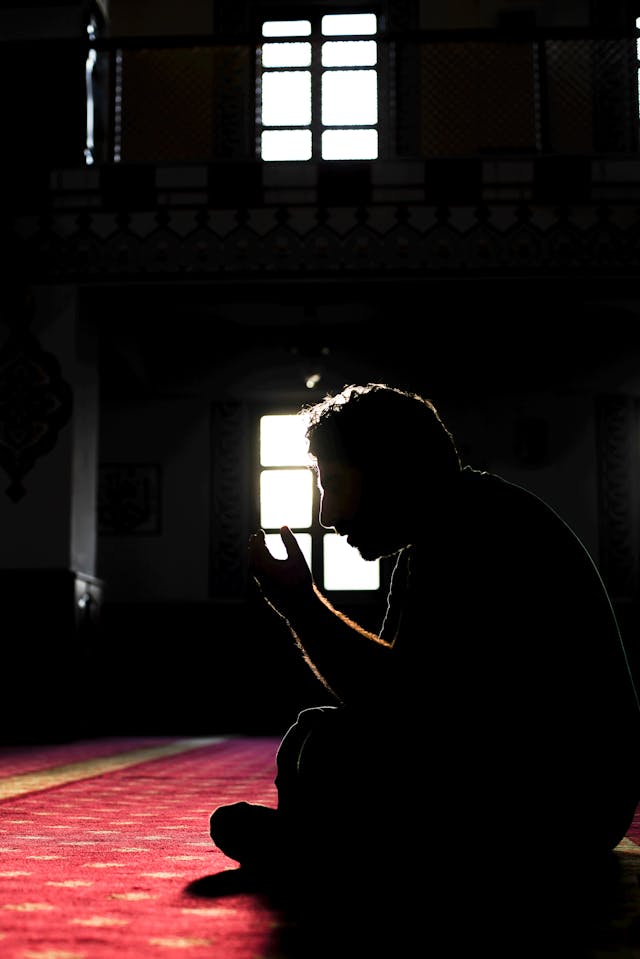
O
Organ Donation
There are diverse Islamic views on organ donation. The NHS Organ Donation Law allows for opt-out in England. Discuss with a scholar and include wishes in your will. Respect the deceased’s stated position.

P
Post-Mortem
If a post-mortem is required, families can request a non-invasive scan or virtual autopsy. Emphasize urgency due to Islamic burial timelines. Hospitals and coroners may accommodate religious needs with proper advocacy.

Q
Qur’an Recitation
It is encouraged to recite Surah Yā Sīn and other portions of the Qur’an by the deceased’s side or after their death. Qur’anic recitation offers peace and reward. You may also listen to recordings or play them at home for comfort.
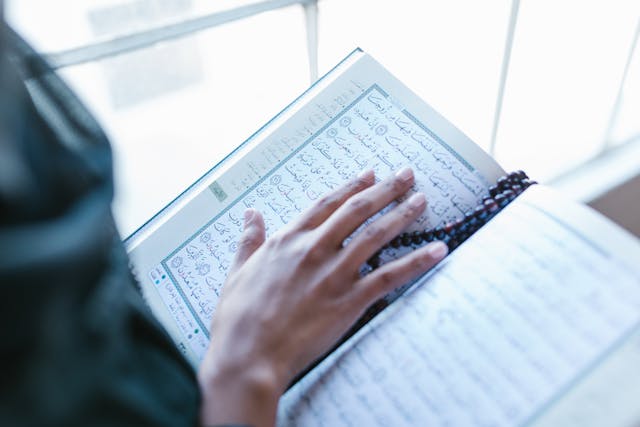
R
Rites of Burial
After the Janazah, the deceased is taken to the grave. The body is placed on their right side facing the Qiblah. Attendees may place soil in the grave, saying ‘From the earth We created you…’ (Qur’an 20:55). Offer duʿā at the graveside.
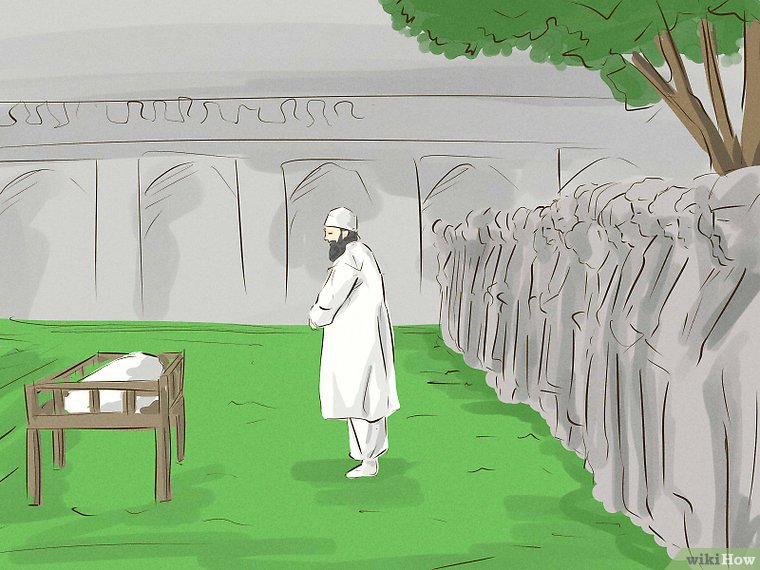
S
Sadaqah Jariyah
Ongoing charity in a loved one’s name brings lasting reward. Sponsor a well, Qur’an printing, or educational fund. Create a legacy page or donation in memory. The Prophet ﷺ said, ‘When a person dies, their deeds end except… ongoing charity…’ (Muslim).

T
Taʿziyah (Offering Condolences)
Offer condolences with words of comfort and duʿā. Avoid clichés and let the grieving speak freely. Visit them if appropriate, bring food, and support practical needs. Taʿziyah is a Sunnah and part of collective healing.
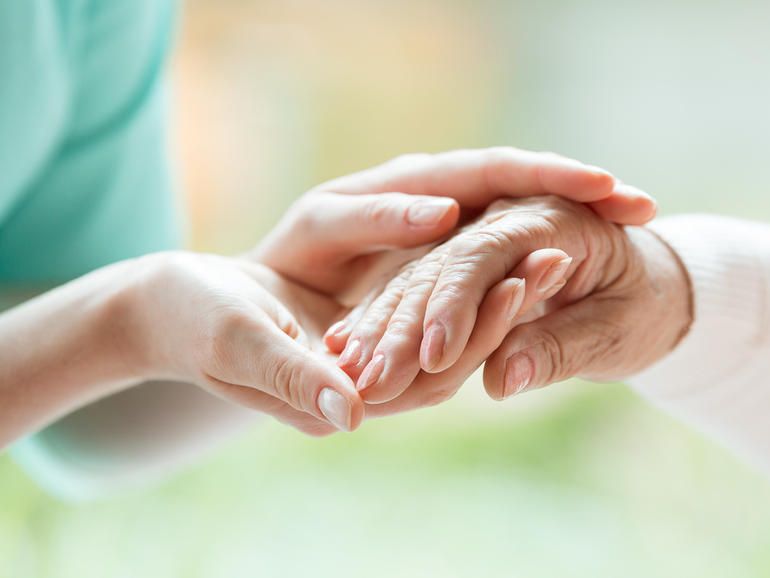
U
Urgency of Burial
Islam encourages prompt burial. Delay is discouraged unless legally required. Plan in advance where possible (select a funeral director, understand local council rules, etc.).
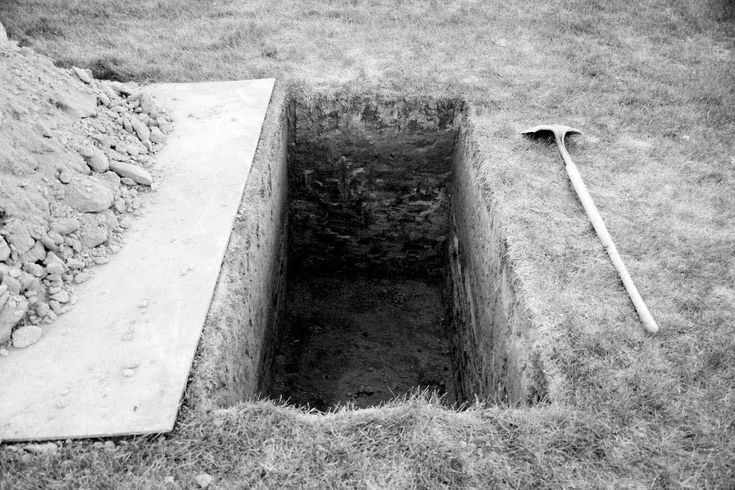
V
Visiting the Grave
Visiting graves reminds us of the Hereafter. The Prophet ﷺ encouraged it: ‘Visit graves, for they remind you of death.’ (Muslim). Make duʿā, avoid loud talk, and reflect silently. Women may visit, with adab and intention.
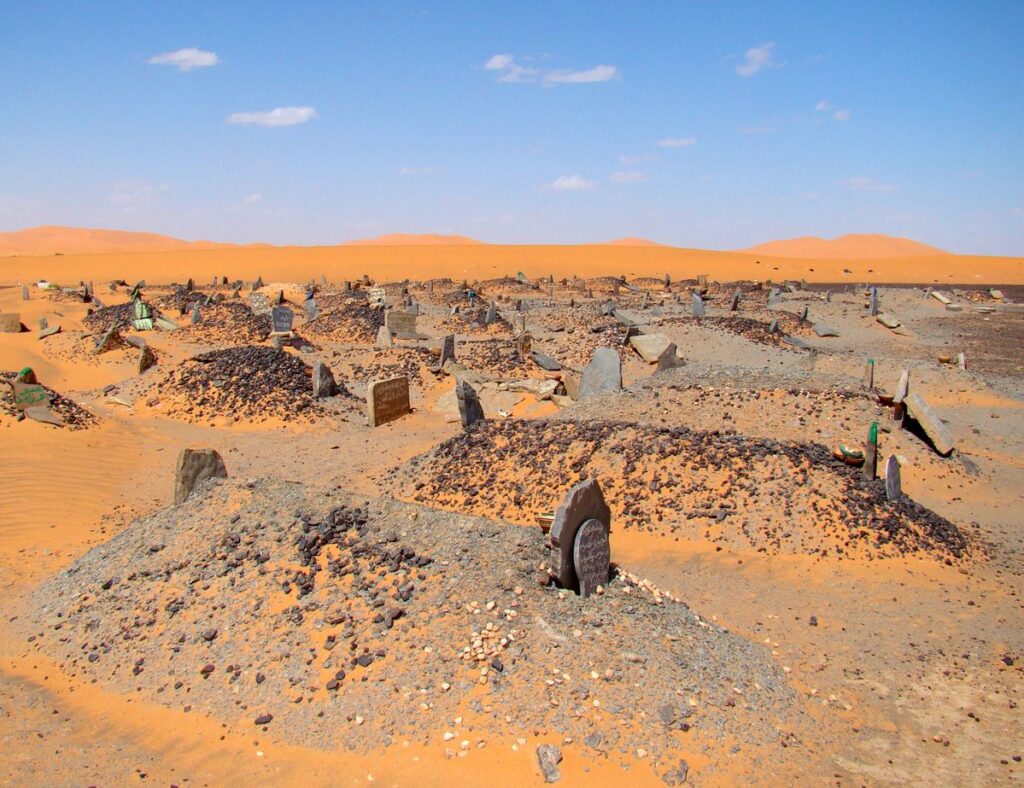
W
Washing the Body
As mentioned under Ghusl, this is an act of care and dignity. Volunteers should be trained or guided. Use privacy, gloves, and warm water. Make duʿā throughout and treat the deceased gently, like they are alive.

X
Experiences of Grief (Narratives)
Share stories of grief, healing, and resilience. Real experiences connect others and reduce stigma. Include testimonials on your website to comfort those grieving and feeling isolated.
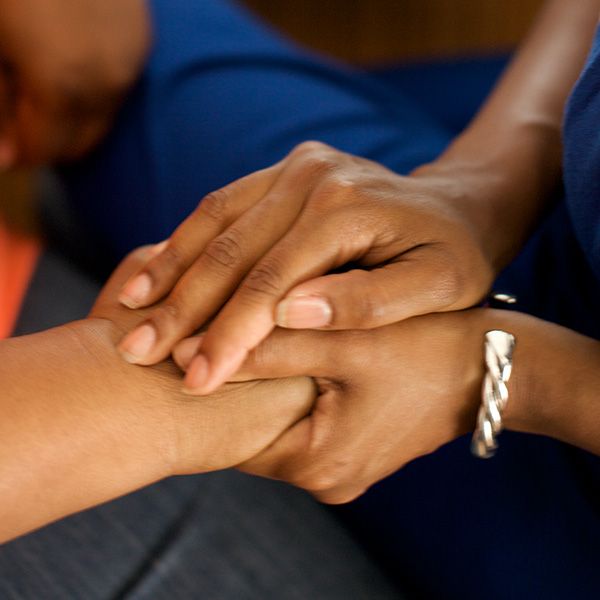
Y
Young Children & Grief
Explain death gently to children. Use age-appropriate language, involve them in duʿā, and answer questions honestly. Books, play therapy, and Islamic grief materials can help. Always validate their emotions.

Z
Zakāh & Charity on Behalf of the Deceased
Giving charity in someone’s name is highly rewarded. Family may offer zakāh (if applicable), sponsor meals, or help those in need as a gift to the deceased’s soul. Make the niyyah clear and consistent with the person’s values.
